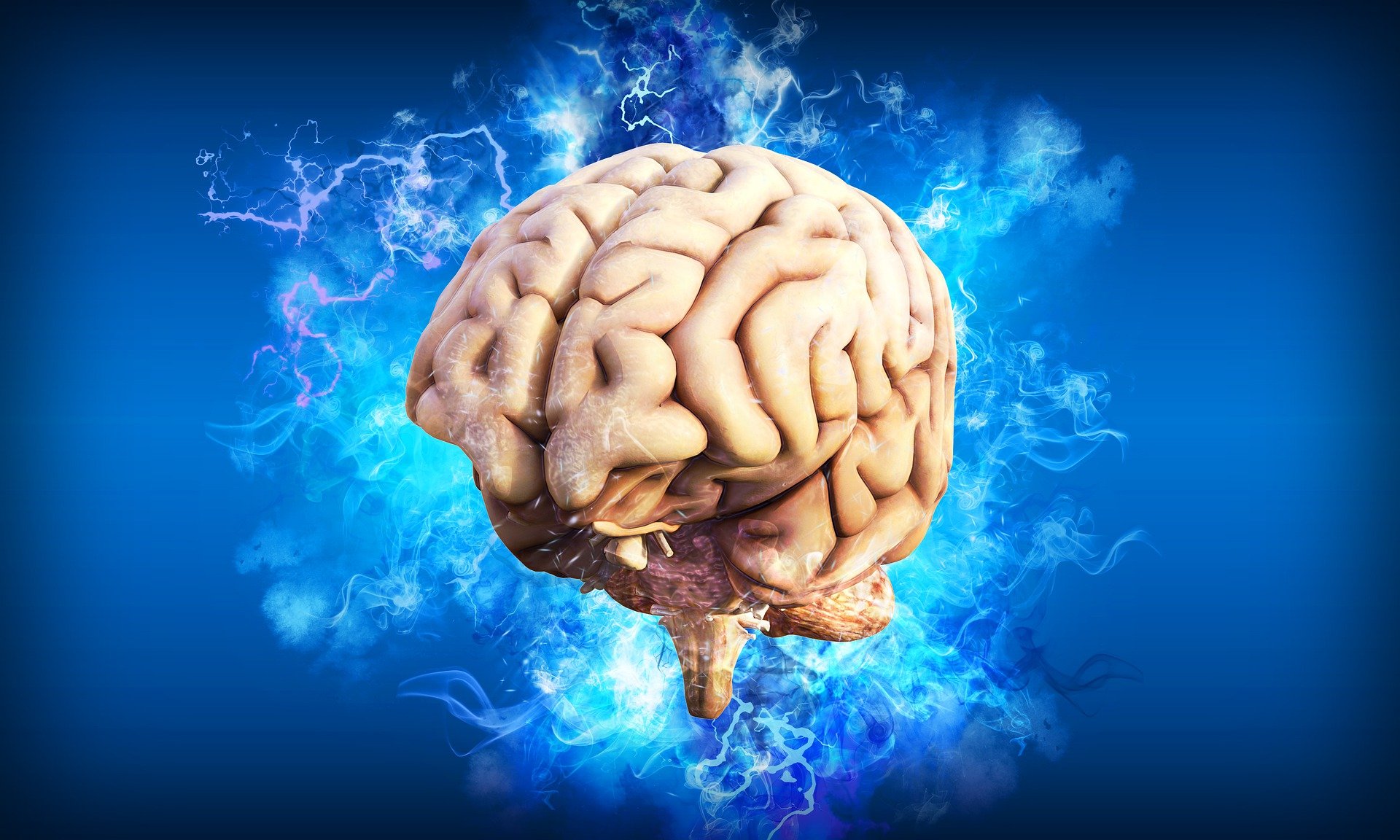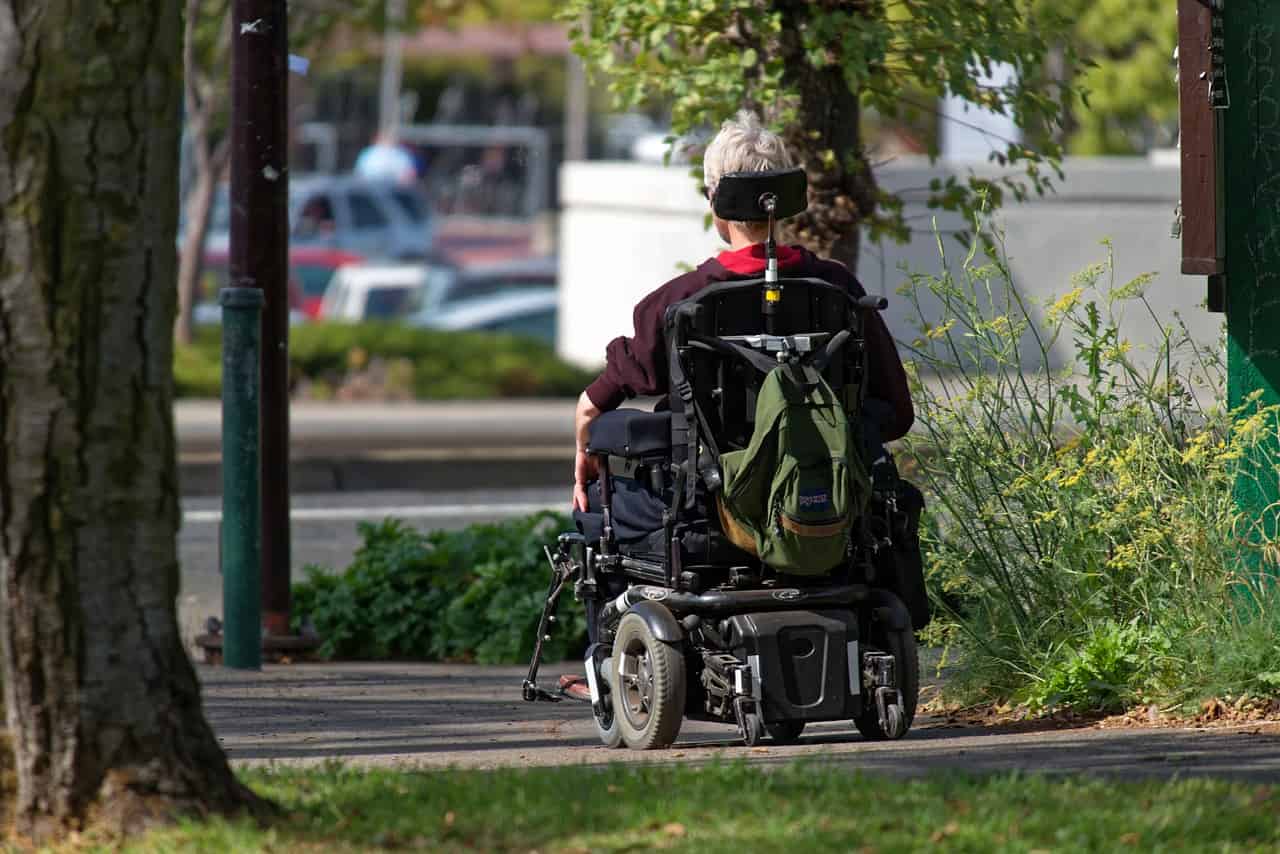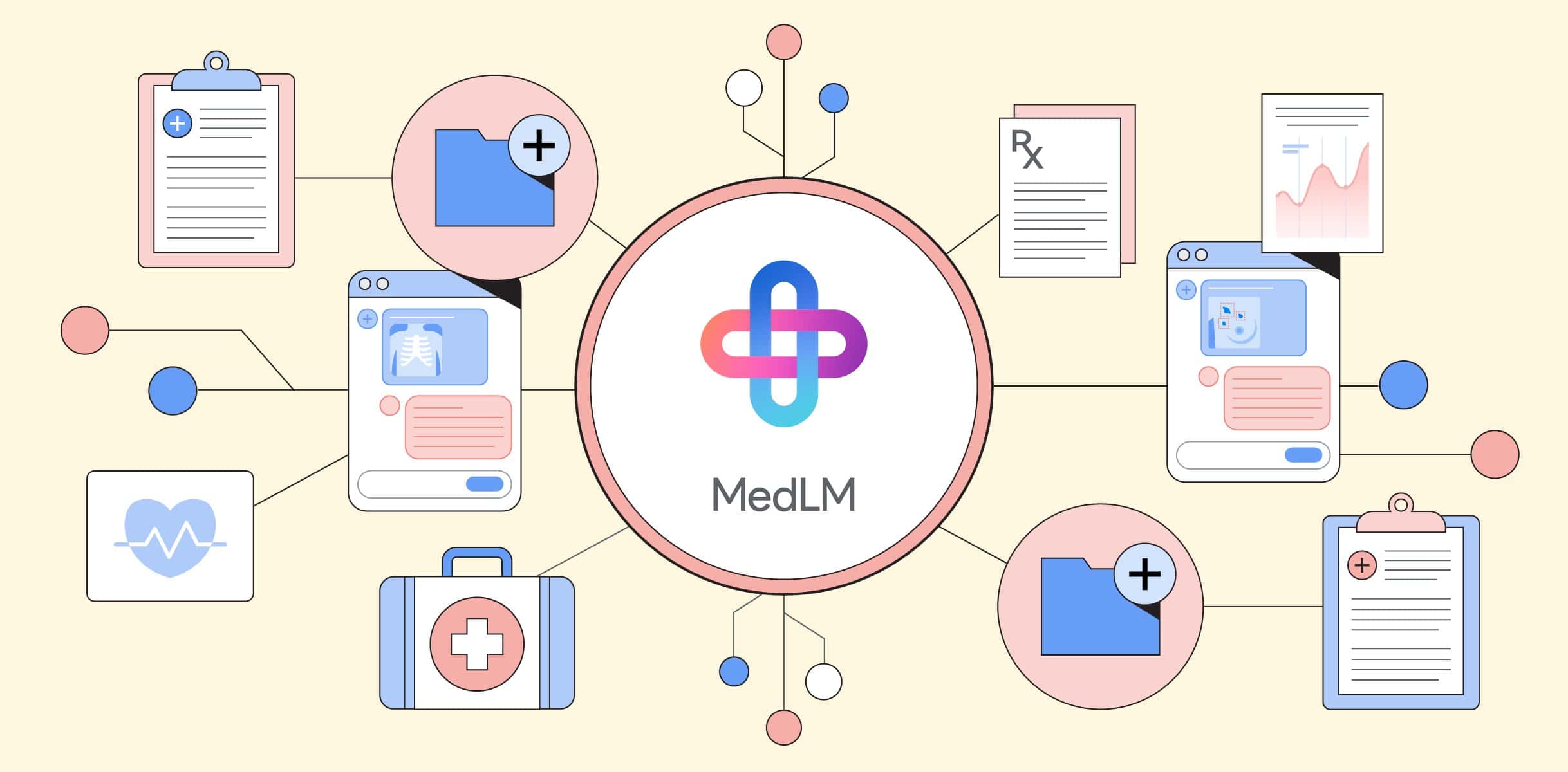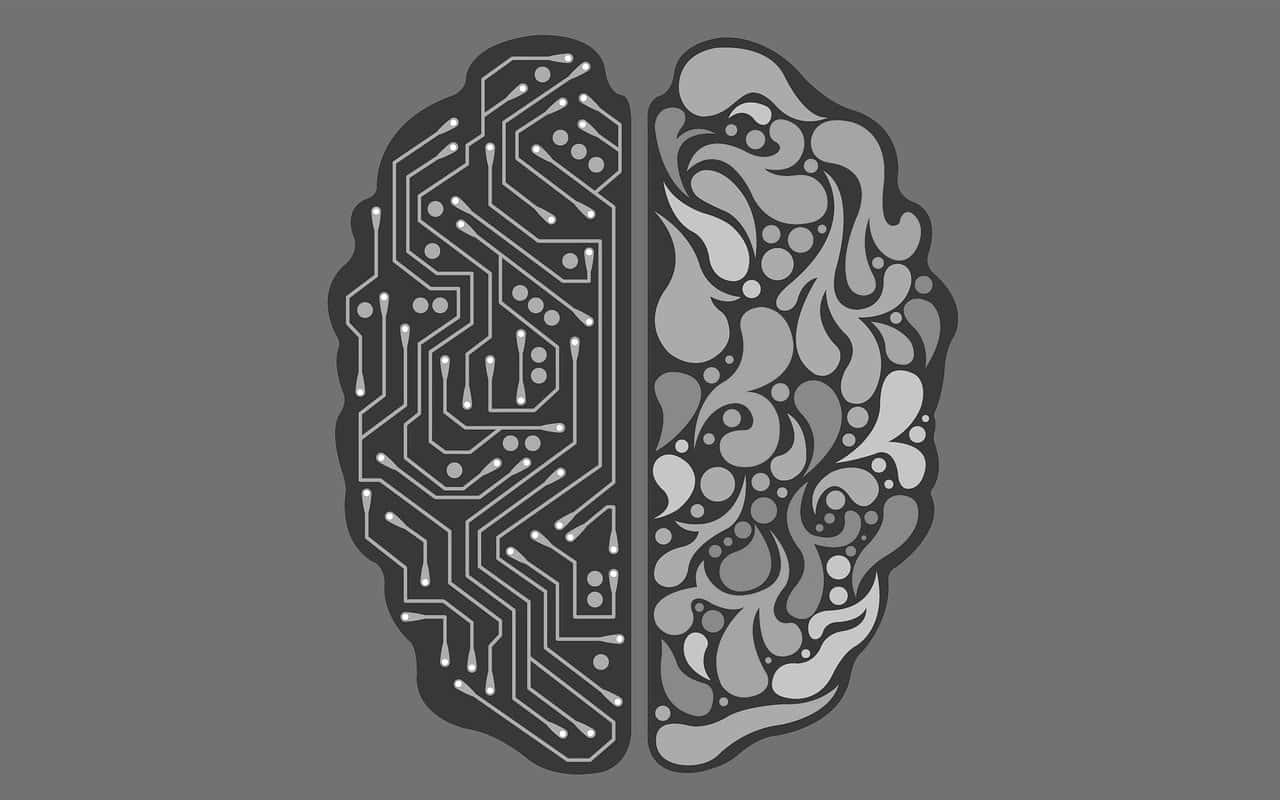
Noland Arbaugh, a 29-year-old paralyzed patient, has broken new ground by playing chess using a Neuralink brain chip. This chip enables him to control a cursor on a screen and engage in strategic games, which he thought he had lost forever. Developed by Elon Musk’s company, the technology showcased Arbaugh’s remarkable ability to interact with a computer solely through the chip, highlighting a significant leap forward for paralyzed individuals. Despite past controversies regarding Neuralink’s animal testing, this human trial marks a potential revolution in healthcare, offering new hope and autonomy to those with severe disabilities.
A monumental chess match
The 29-year-old Arbaugh’s life altered drastically following an accident that left him paralyzed from the shoulders down. The subsequent despair, a common sentiment among paralyzed patients, seemed unassailable until the intervention by Neuralink’s brain chip. In a demonstration that could have easily been a scene from a high-tech thriller, Arbaugh played a game of chess on a live stream, using only his thoughts to move the pieces.
The implantation took place in January, with Arbaugh becoming the first human to receive Neuralink’s brain chip designed to help communicate with computers. Initially tested on animals, such as the monkey that played the game Pong without a physical controller, the technology has now been successfully demonstrated in a human subject.
— Neuralink (@neuralink) March 20, 2024
Changing lives with thought control
Neuralink’s progress wasn’t without its hurdles. The company faced skepticism and concern, mainly after Reuters reported FDA findings of data tracking and quality controls issues in their animal trials. Regardless, the successful human trial with Arbaugh has positioned Neuralink at the forefront of brain-computer interface (BCI) technology.
BCIs are not a new concept. Various scientists and entrepreneurs have been honing these devices, which are placed on the brain’s surface, picking up neural signals through electrodes. The rapid advancement of artificial intelligence and machine learning has propelled the development of BCIs, with Neuralink’s version featuring a thousand electrodes.

Restoring lost connections
The innovation extends beyond playing chess or controlling a cursor. For individuals like Arbaugh, it’s a restoration of independence. He expressed his gratitude in the live stream, noting the ability to play the strategy game Civilization VI for the first time since his accident. “I had given up hope,” he said, “but you (Neuralink) gave me the opportunity to play it again.”
Neuralink’s BCI, with its advanced electrode system, does not just allow for simple commands. It’s a gateway to understanding the brain’s complex network of 86 billion cells, each making an average of 10,000 connections. This technology could pave the way for even greater insights into the brain’s function and its potential for learning and adaptation.







